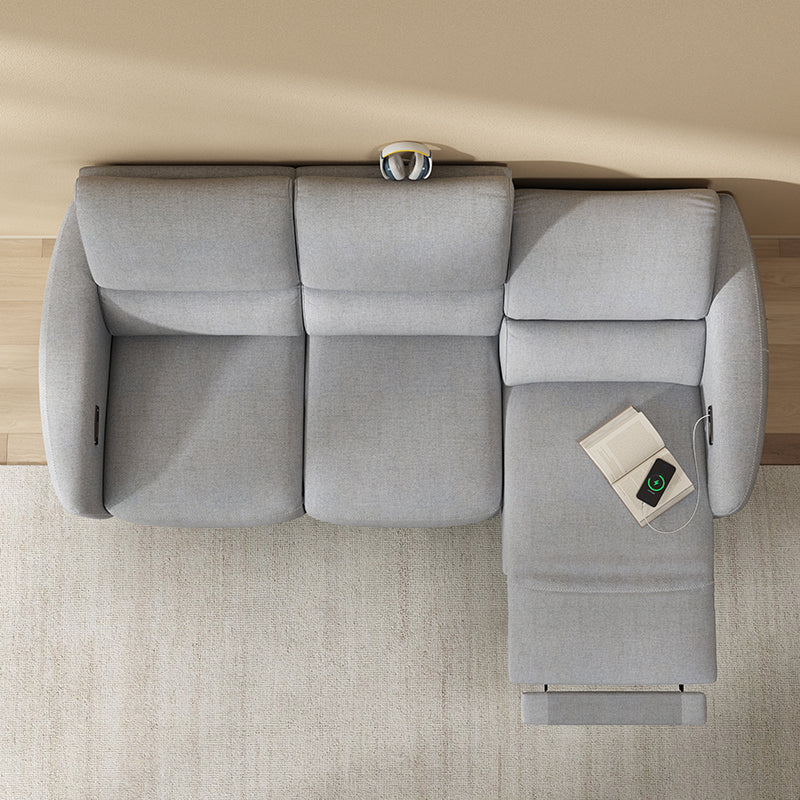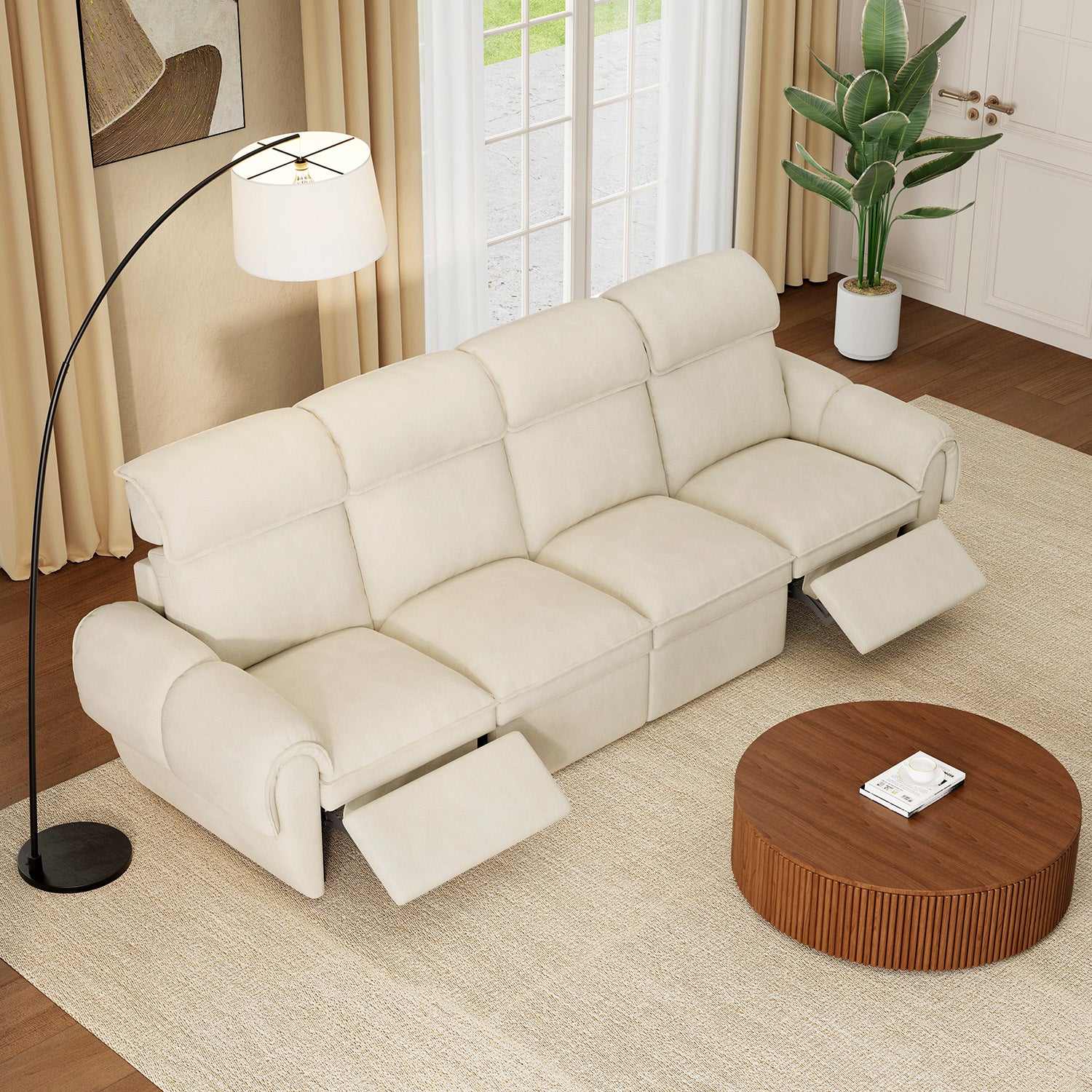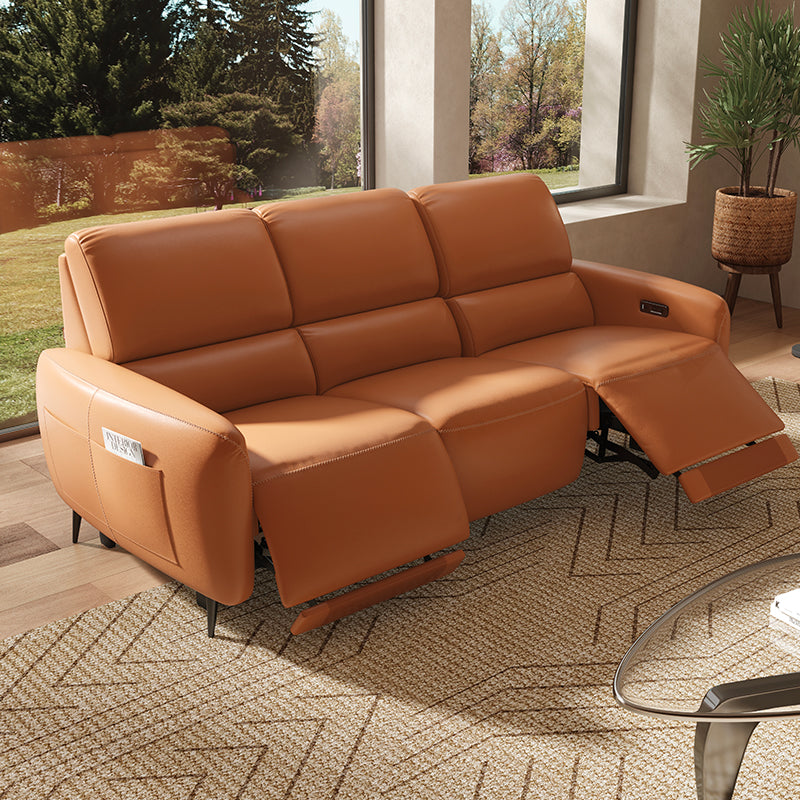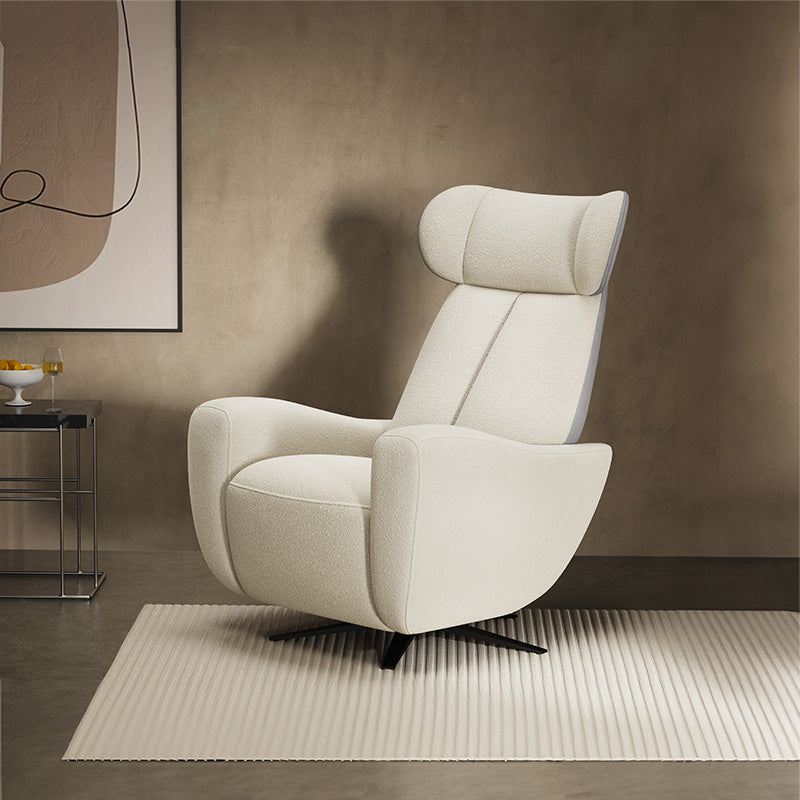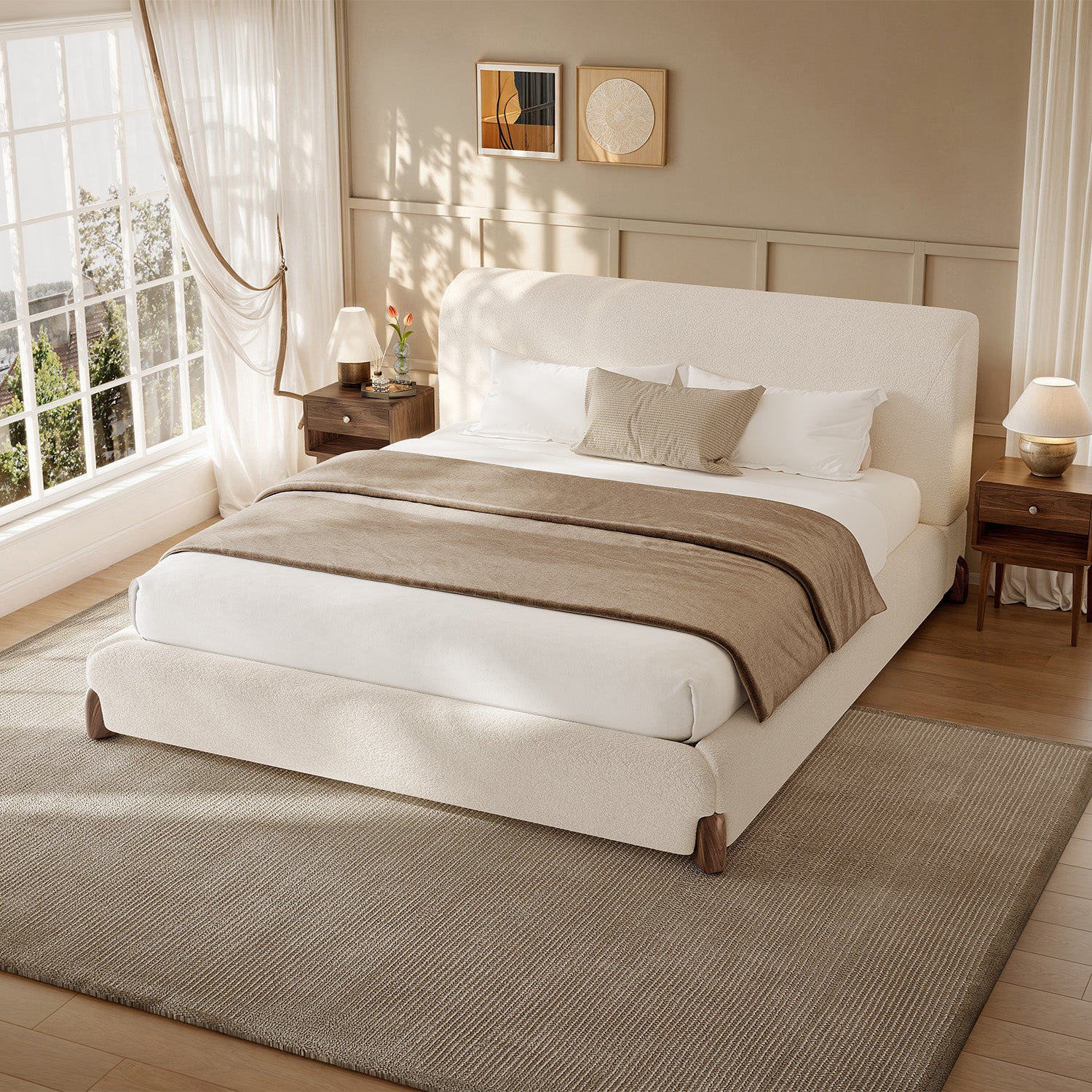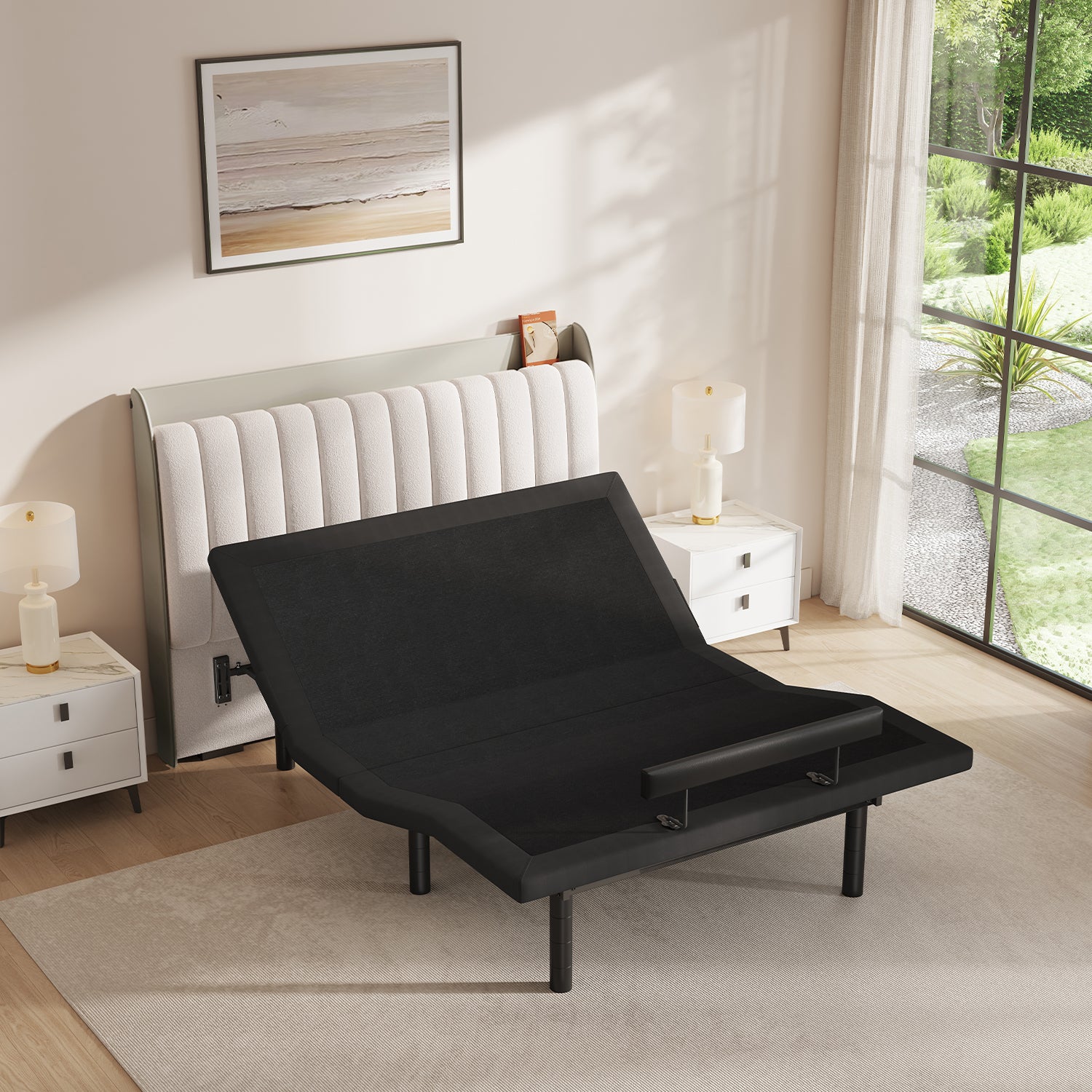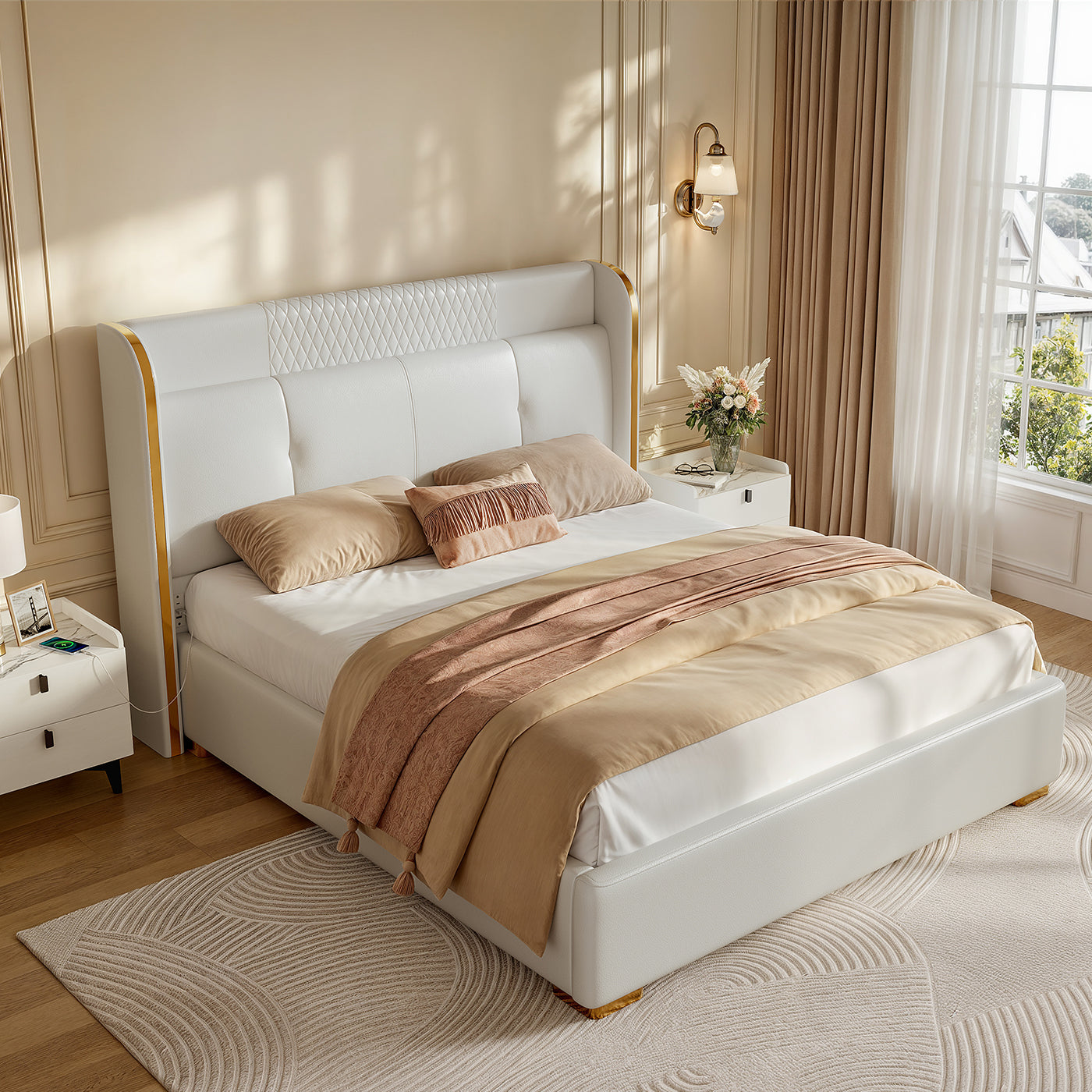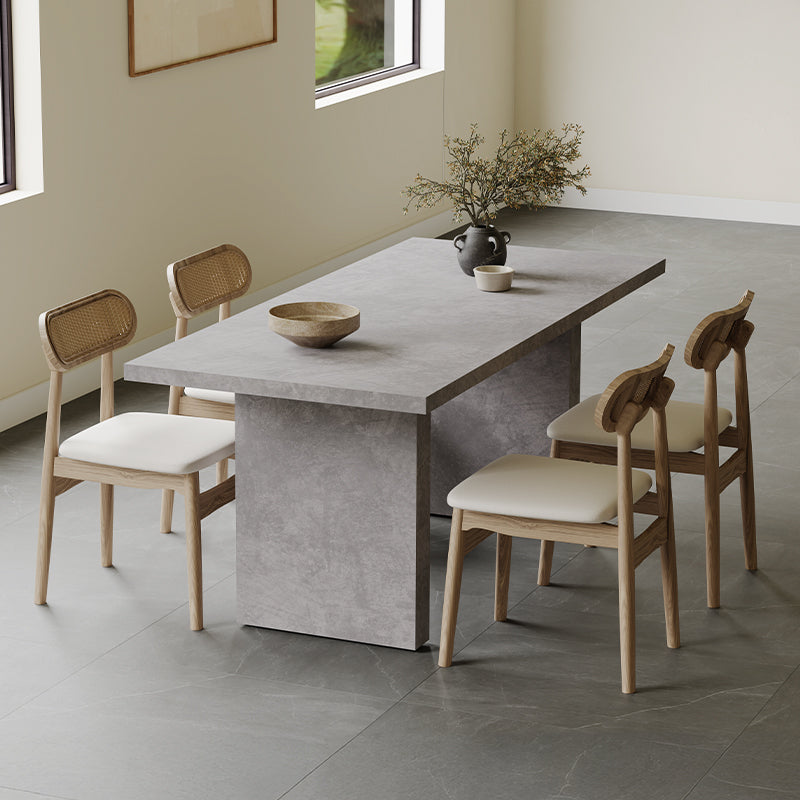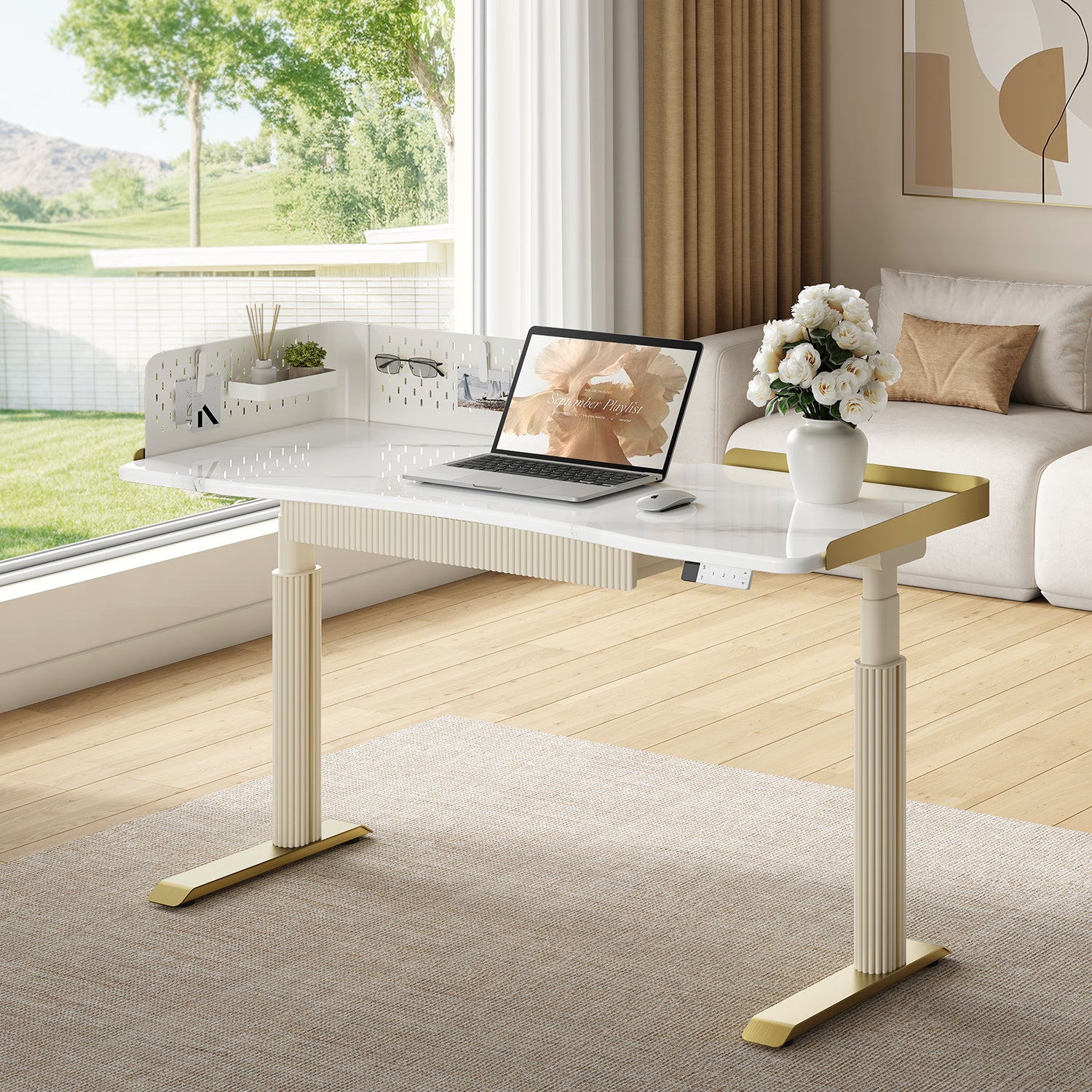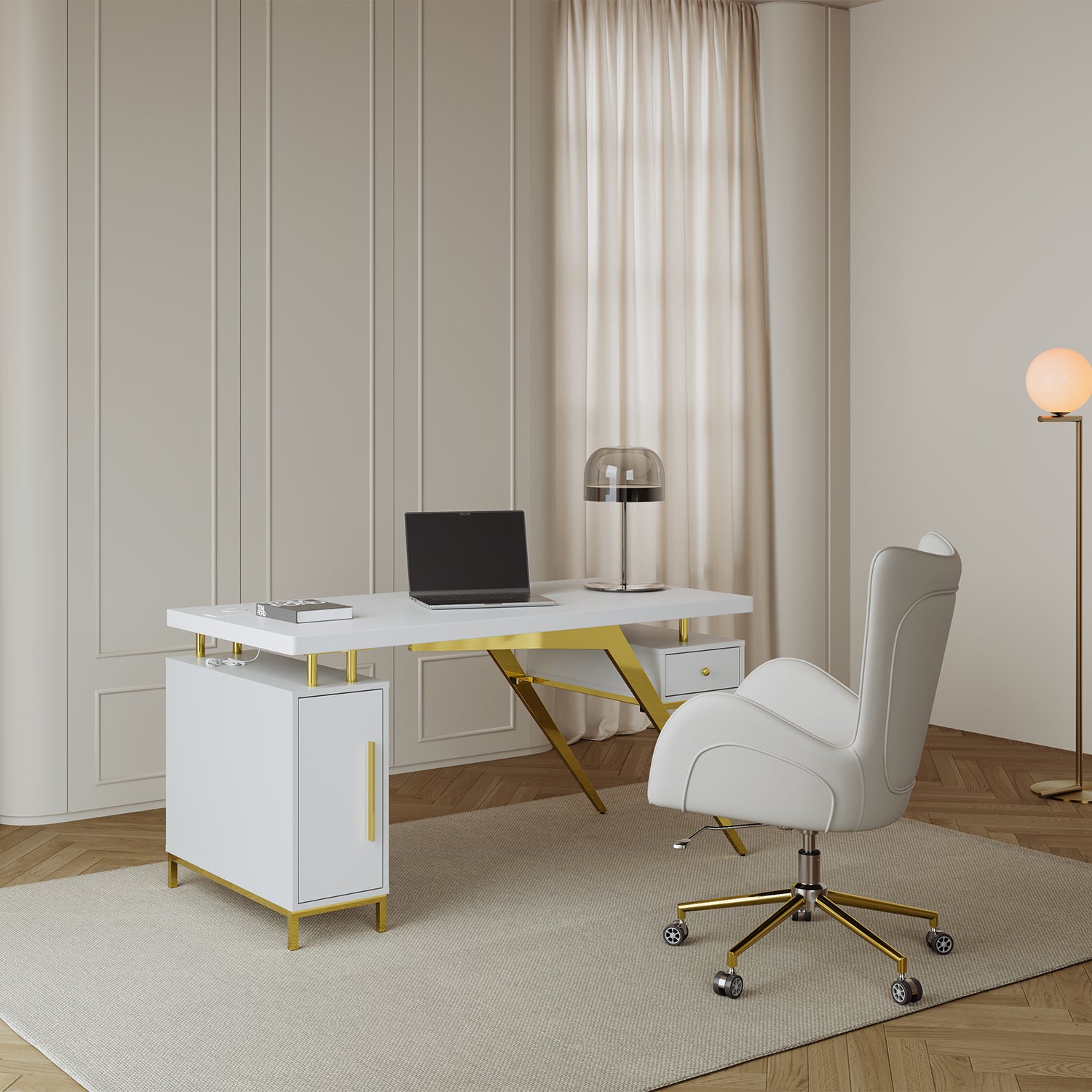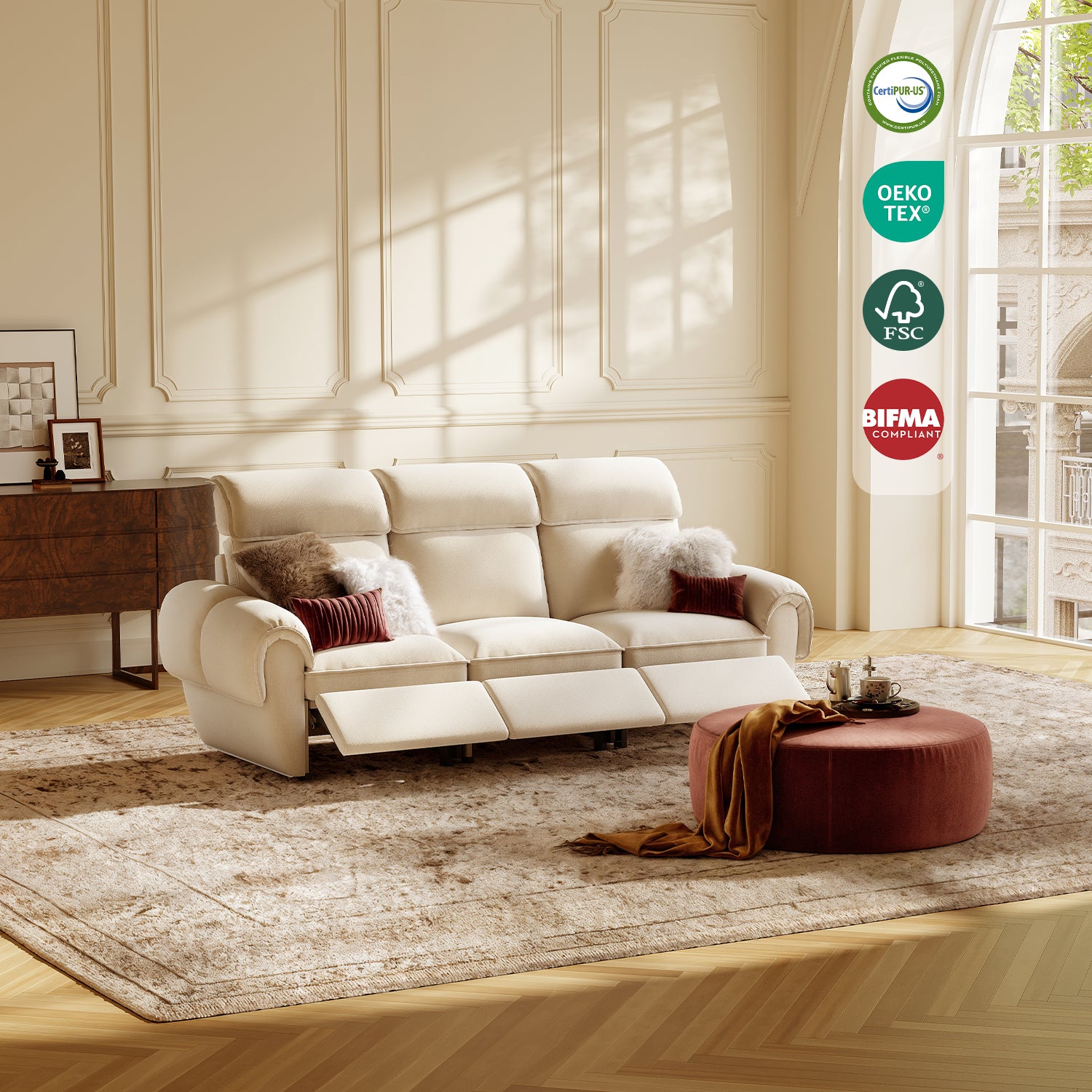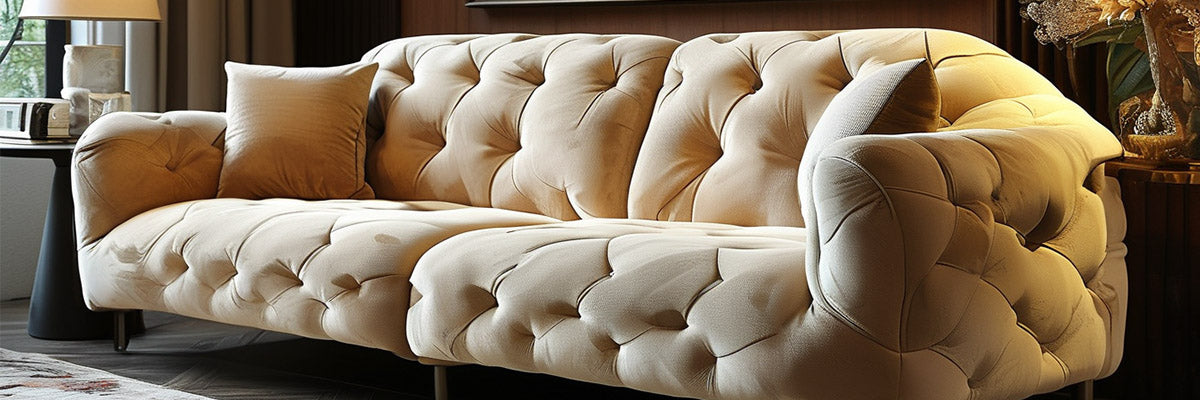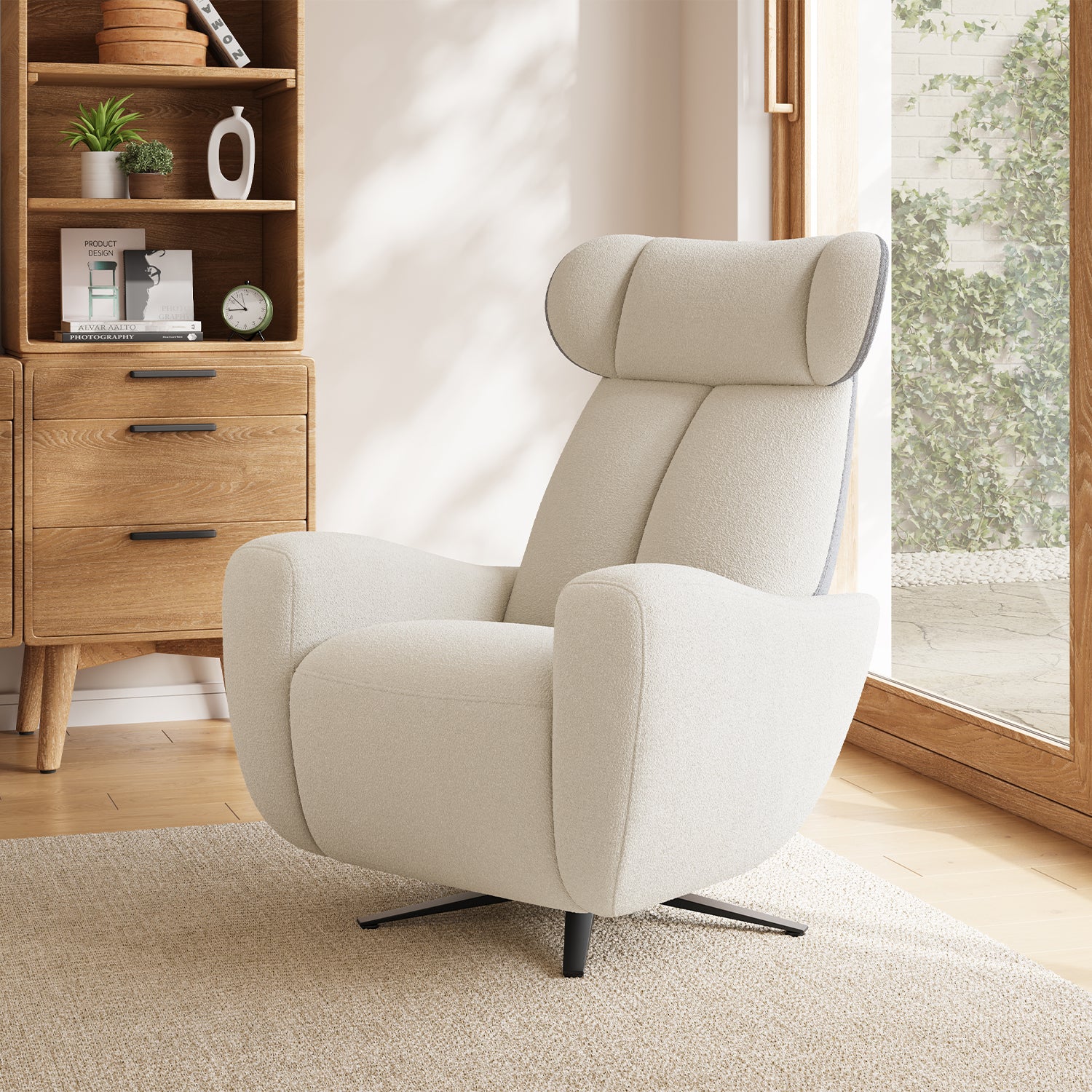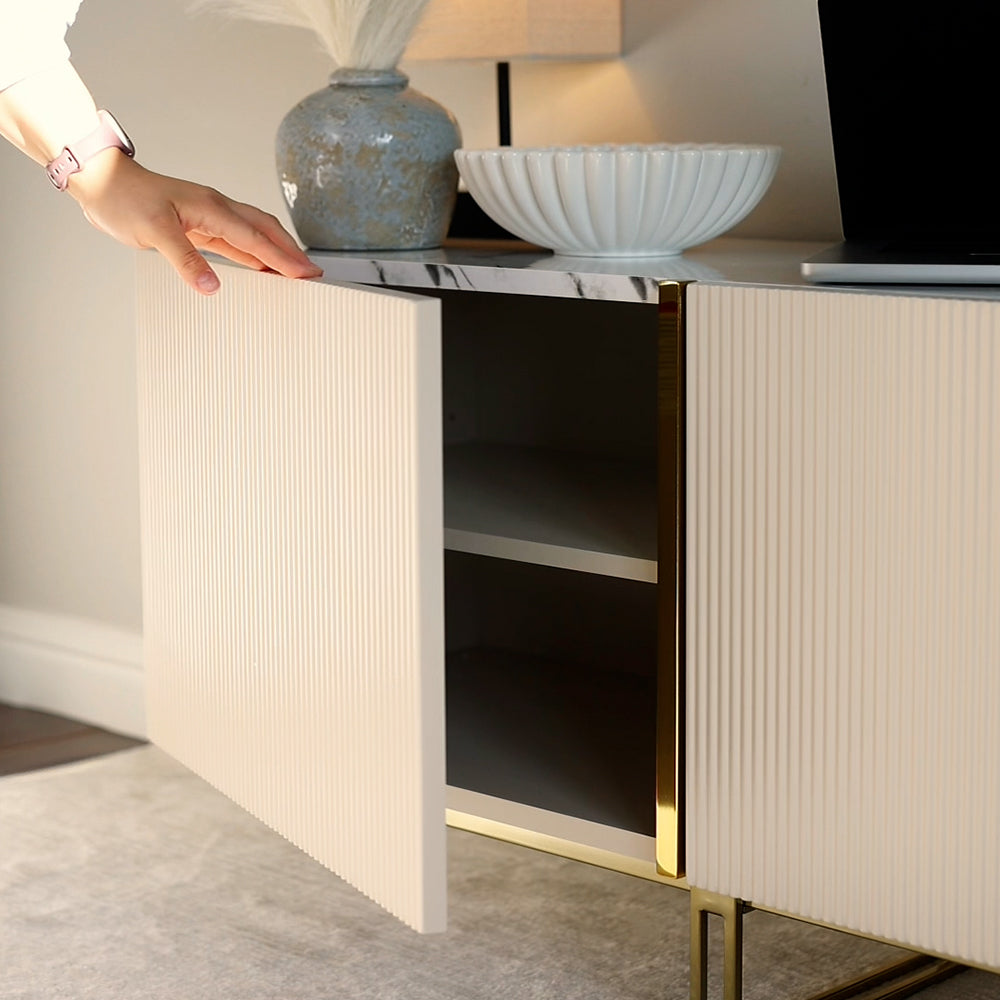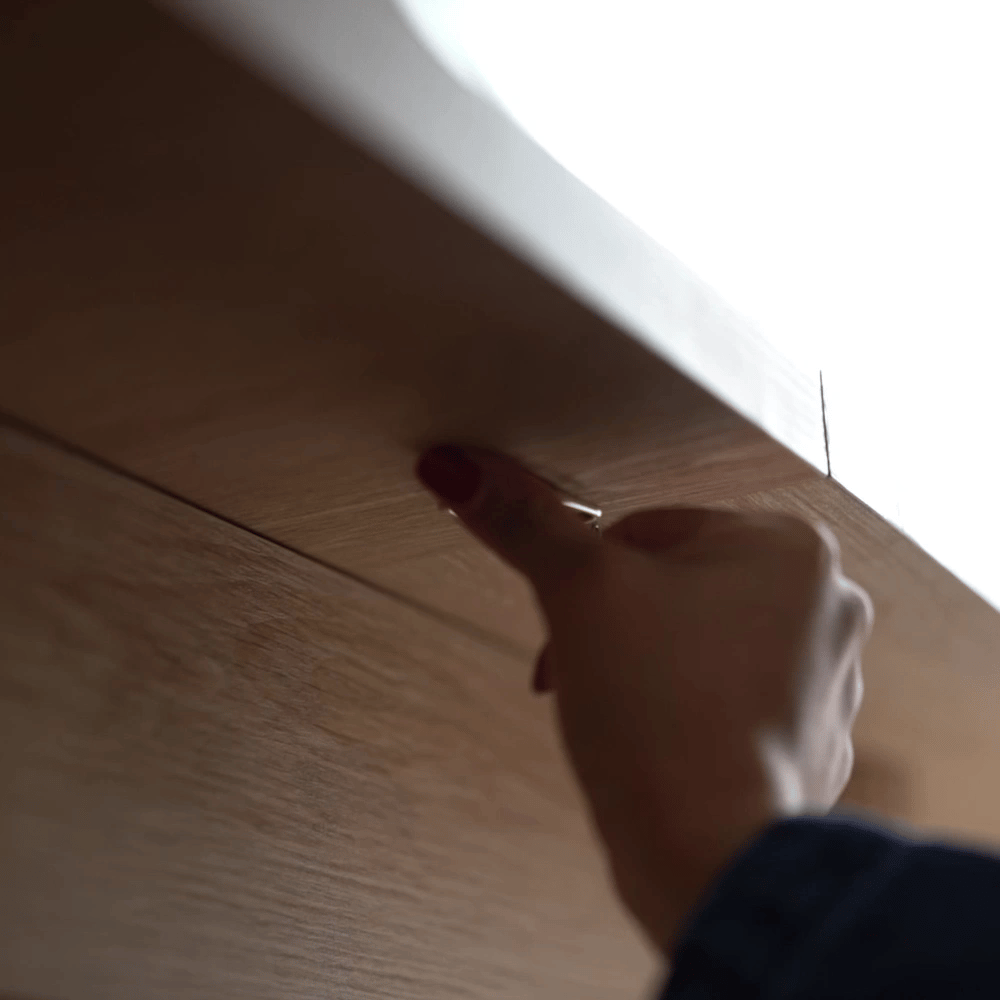Over time, couch cushions/products/three-seater-power-zero-wall-recliner-leather-sofa-with-drop-down-table-tray can lose their shape and firmness, becoming flat, lumpy, or uncomfortable to sit on. Whether it’s due to regular use, heavy seating, or just the natural breakdown of the foam, it’s common for cushions to need a little TLC. The good news is that you don’t need to replace your entire couch to restore its comfort. Restuffing the cushions can be a cost-effective and simple solution that can make your couch feel as good as new.
Table of Content
Why Restuff Couch Cushions?
Before diving into the steps, it’s important to understand why restuffing is a great option. Cushions lose their fluff and support for several reasons:
1. Natural Wear and Tear:
Over time, the foam inside cushions breaks down due to pressure from sitting, laying, and regular use.
2. Lack of Maintenance:
Without regular fluffing or rotating, the filling inside cushions can become uneven, leading to flat spots.
3. Quality of Materials:
Some couches use lower-quality foam that tends to break down more quickly.
Restuffing is a practical way to extend the life of your couch and restore its comfort without spending a lot of money.
What You’ll Need

Before you get started, gather the following materials and tools:
- New Cushion Filling:
Foam, polyester fiberfill, or down feathers are the most common materials used to restuff cushions. Foam comes in different densities, so choose a firmness that suits your preference. Polyester fiberfill is softer and more malleable, while down feathers are plush and supportive.
- Measuring Tape:
To measure the size of the cushion before replacing or adding new stuffing.
- Utility Knife or Scissors:
To cut foam to the correct size.
- Stapler or Upholstery Staple Gun:
If you need to reopen the cushion cover to replace the stuffing.
- Sewing Kit or Needle and Thread:
In case you need to sew the cushion cover back together after restuffing.
- Pillowcase or Dust Sheet:
To protect the couch fabric during the process.
Step-by-Step Guide to Restuffing Couch Cushions
1. Remove the Cushions and Inspect the Condition
Begin by removing the cushions from the couch. Inspect the condition of both the fabric and the existing stuffing. If the fabric is torn, consider sewing or patching it before restuffing. If the stuffing is sagging or broken down, it’s time to replace it.
2. Measure the Cushions
Use a measuring tape to measure the length, width, and thickness of each cushion. These measurements will help you determine how much new filling you’ll need and whether you need to trim the foam to fit inside the cushion cover.
3. Cut New Foam to Size
If you're replacing the foam, use a utility knife or scissors to cut the new foam into the correct size based on your measurements. Foam can be tricky to cut precisely, so take your time. If you need to replace the foam in multiple cushions, make sure each piece is cut to fit its respective cushion cover.
Tip: For more uniform, professional-looking results, try using an electric knife or a serrated knife to cut foam. This can give you smoother edges and reduce jagged cuts.
4. Prepare the Cushion Covers
If the cushions have removable covers, unzip or open them up. If the covers aren’t removable, you may need to carefully unseam or cut open the fabric to access the stuffing. Once the cover is opened, check for any existing holes or wear. If there are any issues with the fabric, it’s a good idea to repair them before you proceed.
Tip: If the cushion covers are not removable and you don’t want to cut them open, consider using a dust sheet or a pillowcase as a protective layer over the foam before re-stuffing.
5. Add or Replace the Stuffing
Now it’s time to add your new stuffing. For foam cushions, simply slide the foam into the cushion cover. If the foam is too firm, you can mix it with a bit of polyester fiberfill or down feathers to make it softer and more pliable.
If you're restuffing with polyester fiberfill, you’ll need to fluff it up first and stuff it evenly into the cushion. Be sure to fill every corner and crease to prevent lumps. As you work, take care to distribute the filling evenly so the cushion is firm and comfortable without becoming lumpy.
For down-feather cushions, insert a generous amount of feathers into the cushion cover, then shake and fluff to distribute them evenly.
6. Reassemble the Cushion
Once the cushion is filled to your satisfaction, carefully close the cushion cover. If the cushion cover has a zipper, zip it up tightly. If you’ve had to cut the fabric or the zipper is broken, you may need to sew the cover back together. Use a needle and strong thread to sew up the seam, making sure the stitching is tight enough to hold the stuffing in place.
Tip: If you’re not comfortable sewing, consider using an upholstery staple gun to close the seam. This method works well for non-removable covers but is best suited for a quick fix.
7. Fluff and Shape the Cushion
After the cushion cover is closed, fluff the cushion to restore its shape. For foam cushions, you can gently pat and knead the cushion to ensure the foam is evenly distributed. For polyester or feather-filled cushions, give them a good shake to help the filling settle and fluff up.
This step is crucial for ensuring the cushion has an even, firm shape and provides proper support when you sit down.
8. Place the Cushions Back on the Couch
Once your cushions are re-stuffed and reshaped, place them back onto your couch. Take a moment to sit on them and test the comfort. If the cushion feels too firm or too soft, you can adjust the stuffing by adding or removing material as needed. Fluffing and rotating the cushions regularly will help maintain their shape over time.

Tips for Maintaining Restuffed Cushions
- Fluff Regularly:
Fluff your cushions regularly to maintain their shape and prevent the stuffing from becoming compressed.
- Rotate the Cushions:
Rotate your cushions periodically to ensure even wear and prevent one side from flattening faster than the other.
- Use Couch Covers:
Consider using slipcovers to protect your cushions from dirt, spills, and wear. They can also help keep the fabric of the cushions intact for longer.
- Avoid Overloading:
Be mindful of how you sit on the couch. Avoid putting too much weight in one spot for prolonged periods, as this can cause the stuffing to compress unevenly.
Conclusion
Restuffing couch cushions is a relatively simple and affordable way to breathe new life into an old couch. By following these steps and using the right materials, you can restore comfort, shape, and support to your cushions without having to buy new ones. Whether you're replacing old foam or adding extra fiberfill for a softer feel, restuffing can make your couch feel like new again. With a little time and effort, you’ll have a cozy, comfortable seating area that’s ready for years of use.
If you want to buy our home furniture or couch for living room, you can check out more on our store

